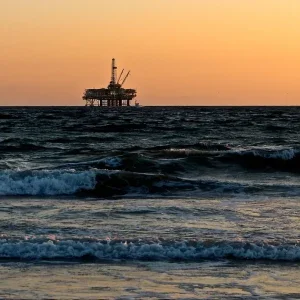“We are still inviting companies to come talk to us about licensing and we hope to have a total of 25 in three years time, and that will be enough,” said Tegenu.
The 11 foreign firms developing the Horn of Africa nation include Africa Oil Corporation, South West Energy and Petroliam Nasional Berhad (Petronas).
Apart from a small finds of natural gas, which Petronas has signed a $1.9 million agreement to extract, Ethiopia has not uncovered significant oil or gas deposits.
Ethiopia says, however, that the Ogaden basin may contain gas reserves of four trillion cubic feet and points to nearby countries such as Sudan and Yemen as evidence there could be major oil deposits under Ethiopia’s deserts.
The minister said Ethiopia would offer incentive packages to firms on a case-by-case basis, depending on the size of their investment.
“Incentives that we can discuss include duty-free imports of machinery and refunds of exploration costs should oil or gas be discovered,” Alemayehu said.
Ogaden National Liberation Front (ONLF) rebels have attacked an oil exploration field in 2007 which was owned by a subsidiary of Sinopec.
Sinopec then pulled out of the Ogaden region. Most of Ethiopia’s exploration activities have centered on the vast province, which borders unstable Somalia.
In November 2009, Insurgents said they had seized seven small towns in Ogaden and again warned foreign firms not to invest.
Alemayehu dismissed the rebel threat and said Ethiopia was also giving firms the chance to develop in five basins outside of Ogaden.
“There was an attack in 2007 but companies exploring Ogaden are now secured by our military,” he said. “We don’t see any problems near our camps and exploration areas. The rebels make claims that aren’t reflected on the ground.”






